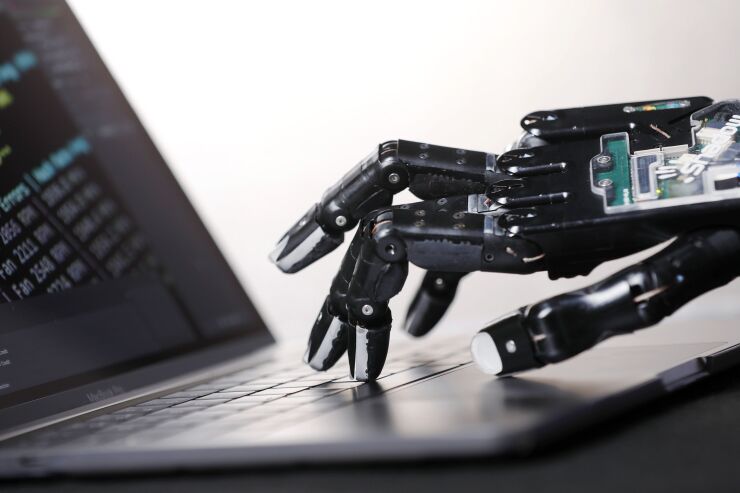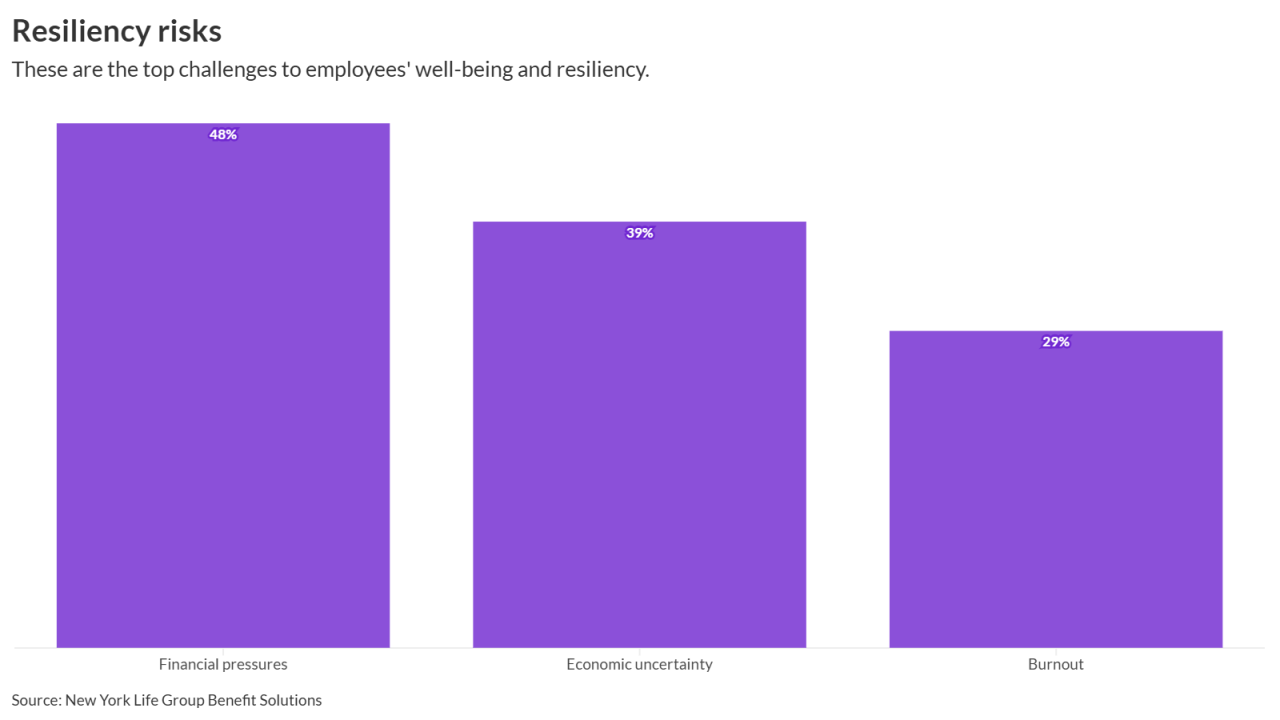As companies begin to rehire, employers are still targeting the best candidates, but are facing the challenge of tighter budgets amid the prolonged grip of the coronavirus crisis.
To help companies navigate an influx of applications for open roles, Harqen.AI, a machine-learning interview service, has launched a new AI-powered tool to help guide the interview process. The tool analyzes resumes and linguistic content to make recommendations on candidate selection, which can help make the hiring process more predictive for employers looking to hire and retain top talent.
“It's really focusing on the bottleneck in the talent acquisition process, which is mainly going to be the pre-screening process because that's when you have the large volumes of applicants,” says Will Rose, chief communications officer at Harqen. “AI tools allow organizations to process, analyze and make recommendations on all those initial candidates, so the recruiting operations can quickly make a decision on who to have move on to the next step.”
See also:
As companies recover from the coronavirus crisis, Rose says that he is expecting hiring to ramp up, and that Harqen in mid-August hit the same level of completed interviews as before the pandemic started.
“Hiring is starting to get back to normal,” he says. “We foresee that expanding even further, since a lot of organizations will be filling more positions over the next six months to a year as a result of the pandemic.”
A big influx in hiring can be challenging for many companies, as it can both increase the workload for HR and cause financial strain. Instead of hiring and doubling their recruiting staff to process the increase in candidates applying for a position, companies can use AI tools for the initial stages of the process, including pre-assessment and screening, which allows recruiters to focus on interacting with candidates through the recruiting process, Rose says.
“There's not one customer that we haven't dramatically helped reduce the talent acquisition cost,” he says. “And once you get past the pre-screen stage, which AI software is great for, recruiters are going to be able to spend more quality time actually honing that top talent into that position.”
See also:
Harqen’s AI essentially learns from an employers' history of how they hire to understand what they're looking for in candidates, and can then make recommendations on who to hire on its own.
“The AI gives the recruiters these predictive analytics after the candidates have finished their interviews,” Rose says. “And then they can see ‘OK this candidate scored very high so they’re more likely to be a good fit for the position’ which makes the process much easier for the recruiter in that pre-screen process.”
With some industries and job types receiving hundreds of applications for one posting, candidates may have to wait for several months just to hear if they made it to the next step. Automation helps employers avoid such a prolonged hiring process.
“We want to be sensitive to the candidates because those who are in a poor job market obviously don't have all the time in the world to find a job,” Rose says. “AI and automation makes the recruiting process more efficient and makes employers able to fill those positions more quickly.”





